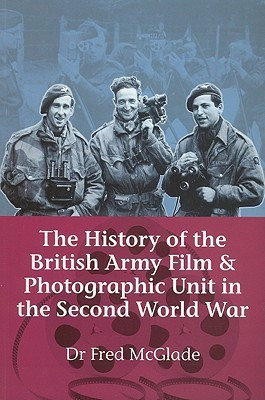The History of the British Army Film & Photographic Unit in the Second World War(English, Paperback, McGlade Dr Fred)
Quick Overview
Product Price Comparison
At the beginning of the Second World War the Nazi hierarchy had, at an early stage, fully recognised the importance of controlling the depiction of military conflict in order to ensure the continued morale of their combat troops by providing a bridge between the soldiers and their families. Promoting the use of photographic record also allowed the Nazis to exercise control over negative depictions of the war. In contrast, the British military and political decision makers were reluctant to embrace any potential propaganda benefits of film and photographic material in the build up to and the early months of the Second World War. However, pressure was to come from across the Atlantic where the refusal to allow reporting of the war was harming Britain's cause in the United States. British diplomats overseas reported that the Germans were winning the propaganda war throughout the unoccupied countries of Europe. This belated acceptance of the need for open reporting of the conflict meant that when it was finally accepted as useful the P.R.2 Section (Public Relations) at the War Office and the British Military found itself in a 'catch up' situation. Despite the disadvantages of such a slow start, the British combat cameramen grew in strength throughout the conflict, producing films such as Desert Victory, Tunisian Victory, Burma Victory, The True Glory and a huge stock of both cine and still material.The British Army Film and Photographic Unit's material represents some of the most frequently used records of historical events and key figures of the period. Based on memoirs, personal letters and interviews with the AFPU cameramen, this book reveals the development of the unit and tells the human story of men who used cameras as weapons of war.


